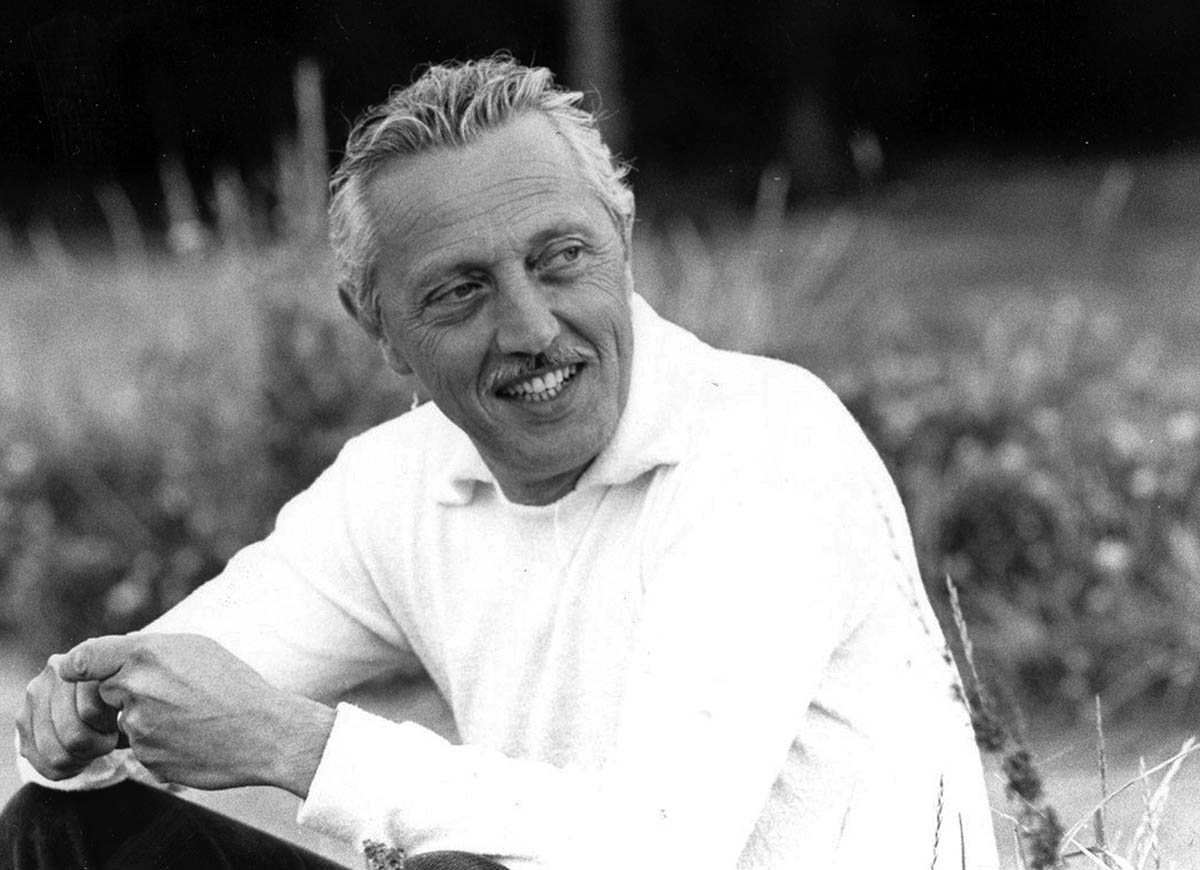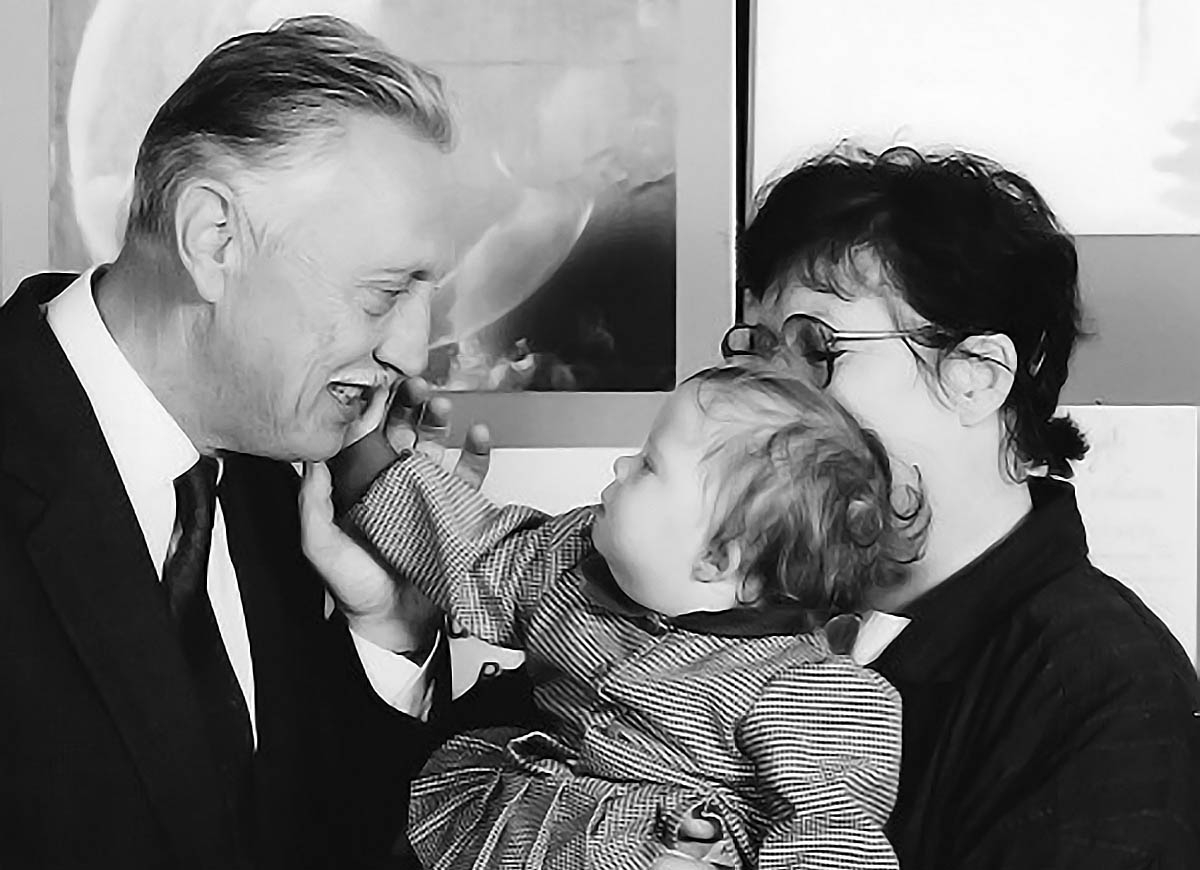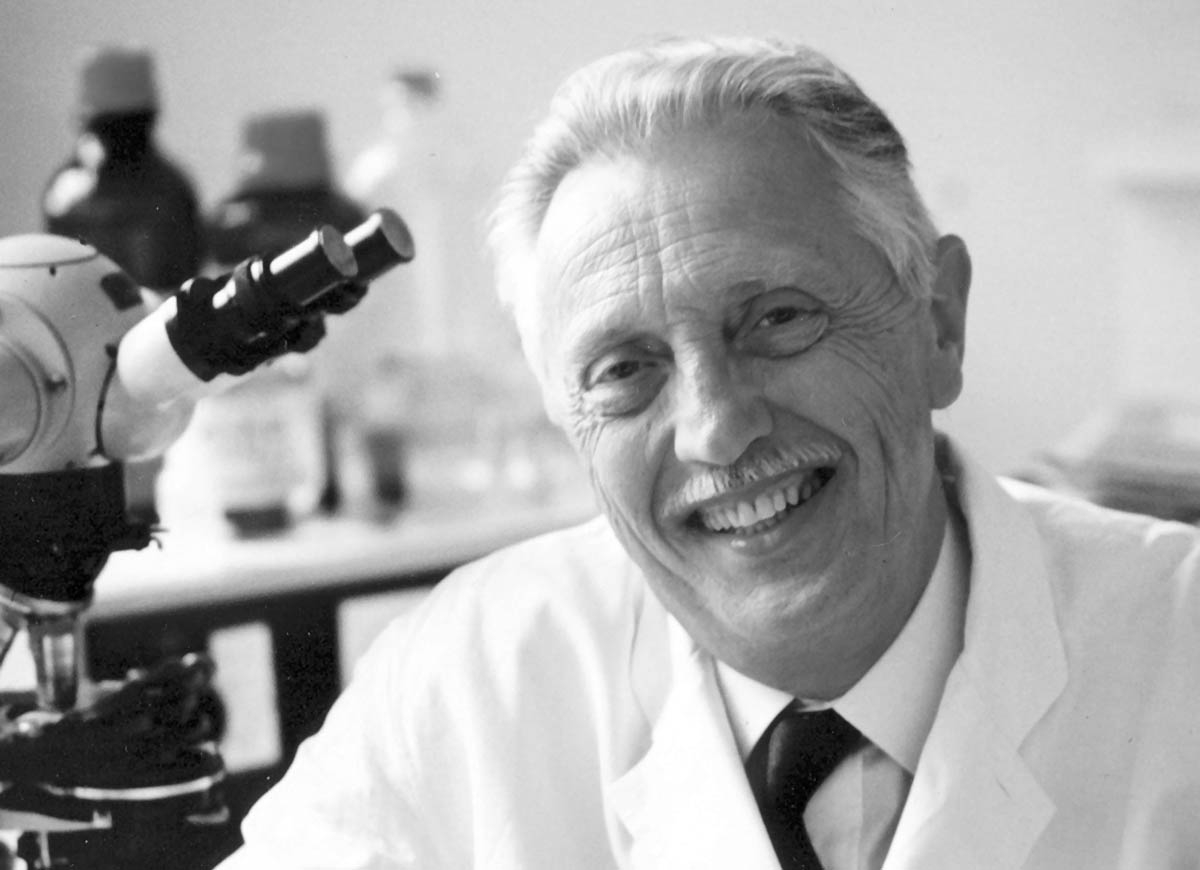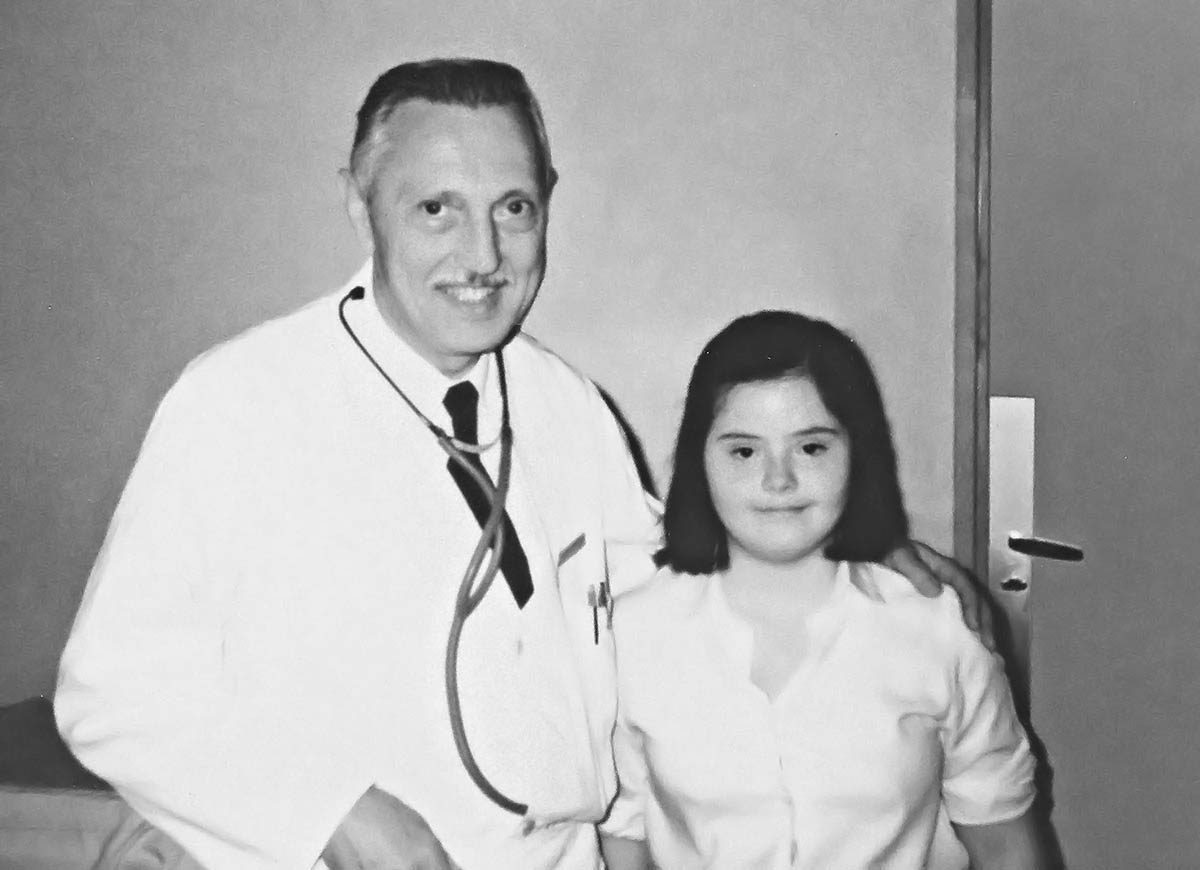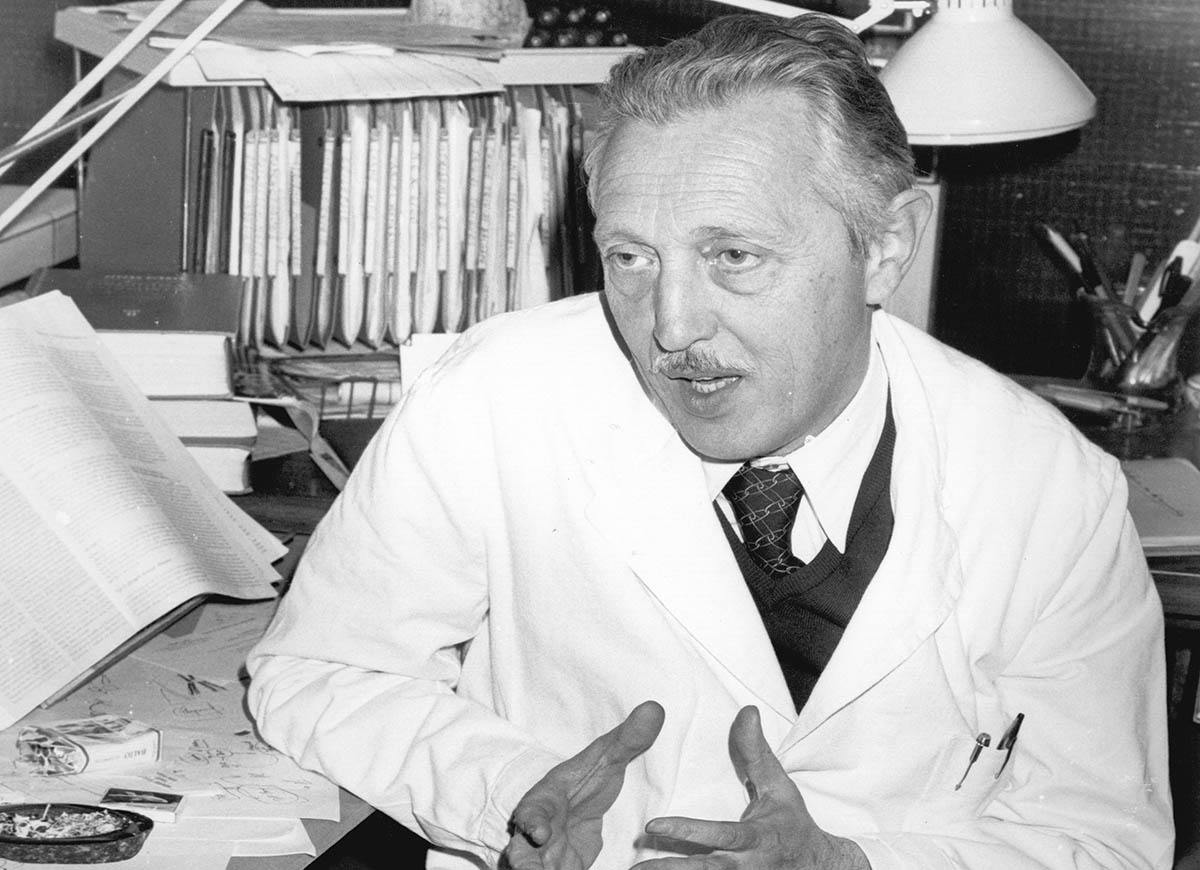Professor Jérôme Lejeune
In 1958, while working in Professor Turpin’s laboratory, Dr Jérôme Lejeune discovered the genetic cause of what was then known as Mongolism: an extra chromosome in pair 21. On 26th January 1959, the Academy of Science published his scientific work (Jérôme Lejeune, Marthe Gautier and Raymond Turpin. Human chromosomes in tissue culture. C. R. Acad. Sciences, 26th January 1959). This condition would henceforth be called Trisomy 21.
For the first time in the world, a link had been established between an intellectual disability and a chromosome abnormality. Parents of children with Down syndrome could now know that their children’s’ condition was not hereditary. He later discovered the cause of many other chromosome abnormalities, thereby opening the way to cytogenetics and modern genetics.
Heading the Cytogenetics Unit at the Hospital Necker- Enfants Malades in Paris, his consultations became among the most sought after in the world. Helped by his co-workers, he investigated over 30,000 chromosome cases and treated more than 9,000 persons with these conditions.
His utmost concern was to one day succeed in healing the maladies of the patients who came to see him from around the world. He showed the personhood of his patients, and reminded us that as a civilization we must always seek to protect our most vulnerable members.
Although the results of his research should have helped medicine to advance towards a cure, they are often used to identify children carrying these conditions as early as possible, usually with the aim of terminating pregnancy.
Lejeune was propelled to the forefront of advocating for the protection of the unborn with Down syndrome. He gave hundreds of conferences and interviews across the globe in defense of life. He died of cancer on the 3rd of April 1994, Easter morning, 33 days after his appointment as president of the Pontifical Academy for Life.
Professor Lejeune’s work continues today with his triple mission of;
Care, Advocacy and Research
Jérôme Lejeune was born in 1926 in Montrouge, a Parisian suburb.
He studied medicine and became a researcher in 1952, eventually becoming an international expert for France on atomic radiation.
In July 1958, during a study of chromosomes of a child with Down syndrome, he discovered the existence of an extra chromosome on the 21st pair. For the first time, ever, a link was established between a state of an intellectual disability and a chromosomal anomaly.
In 1962, his extraordinary discovery was awarded the Kennedy Prize which Jérôme Lejeune received personally from President John F. Kennedy.
In 1964, the first Chair of Fundamental Genetics was created for him at the Faculty de Medicine de Paris. He started speaking at thousands of conferences around the world whilst still working and treating children and their families.
In 1969, his work on chromosomal pathologies was awarded the William Allen Memorial Award.
In 1974, he became a member of the Pontifical Academy of Sciences.
In 1981 he was elected to the Academy des Sciences Morals and Politics.
In 1983 he joined the Academy Nationale de Medicine. He was an honorary doctor, a member and laureate of many international Academies, Universities and scholarly societies.
In 1993 he received the Griffuel Prize for his pioneering work on chromosomal anomalies in Cancer.
In 1994 he was named President of the Pontifical Academy for life.
He died on 3 April 1994. In 2007 the case for beatification of Jérôme Lejeune was opened by the Roman Catholic Church.
On the 21st January 2021 Pope Francis bestowed the title of ‘Venerable’ upon Jerome Lejeune in recognition for his ‘Heroic virtues’ - a key step in the investigative process towards canonisation by the Church.
